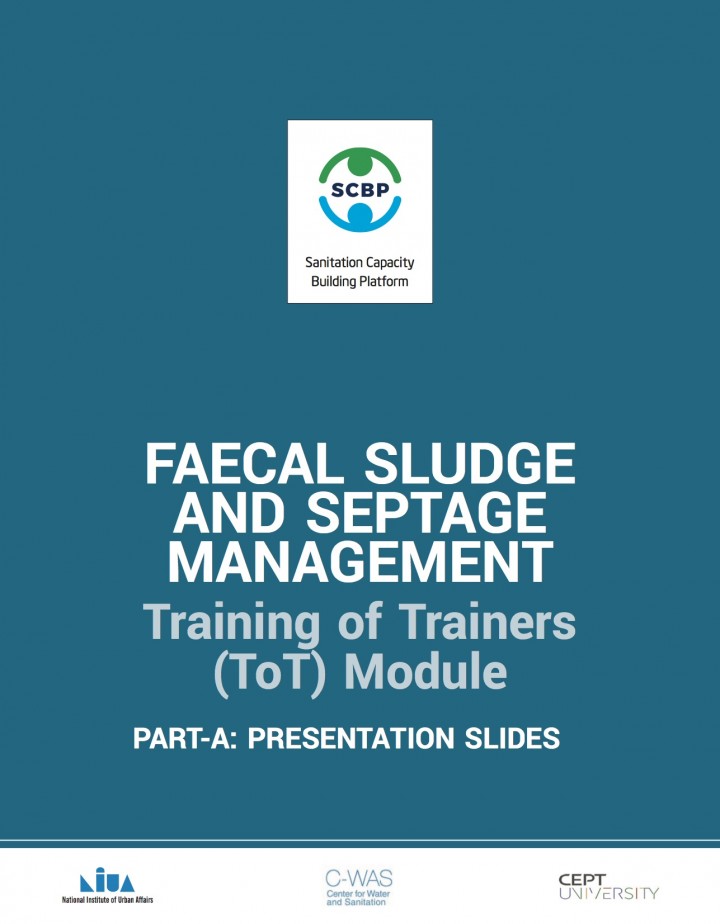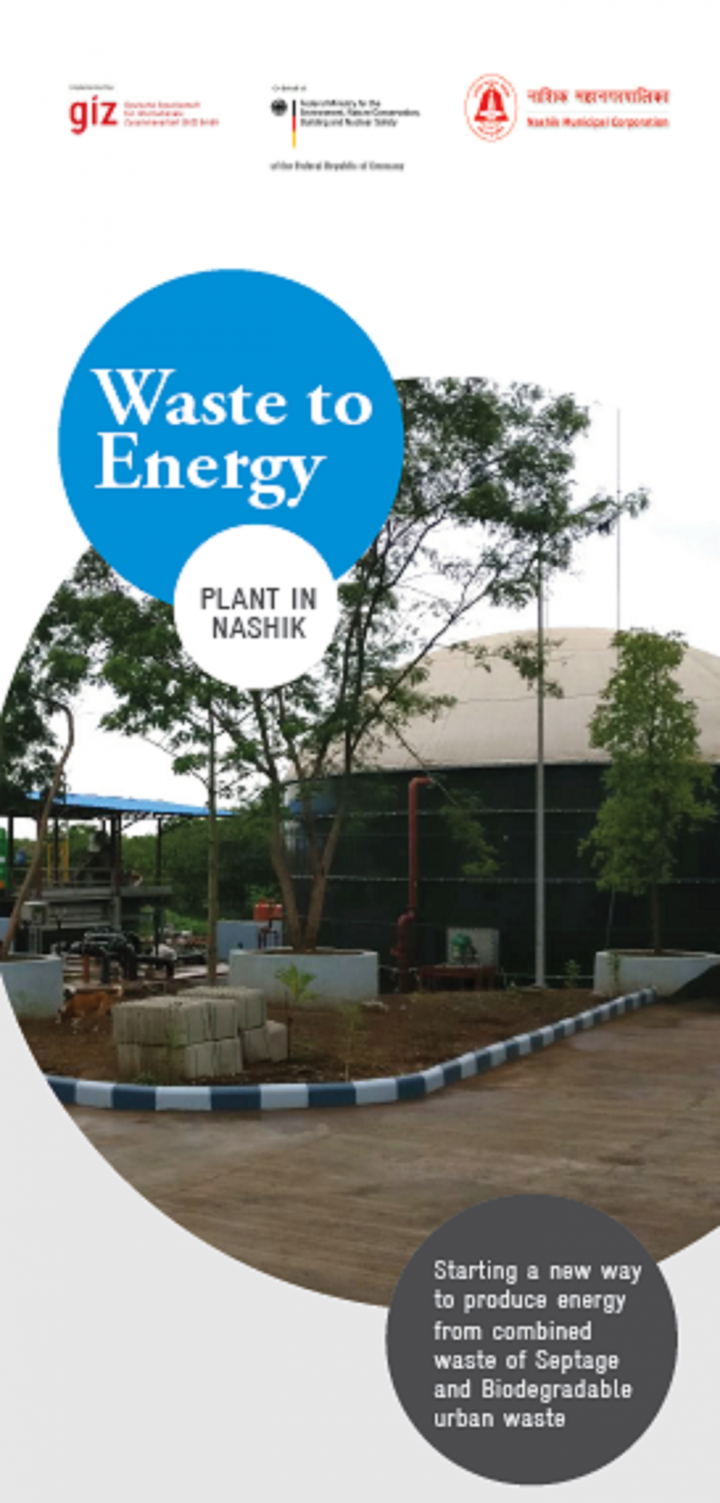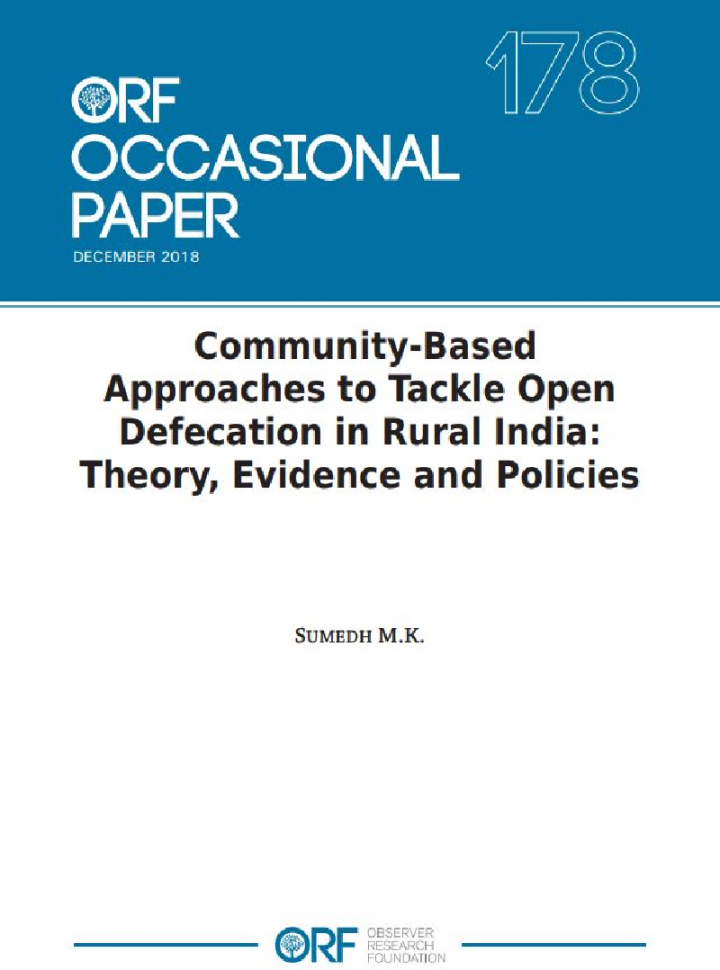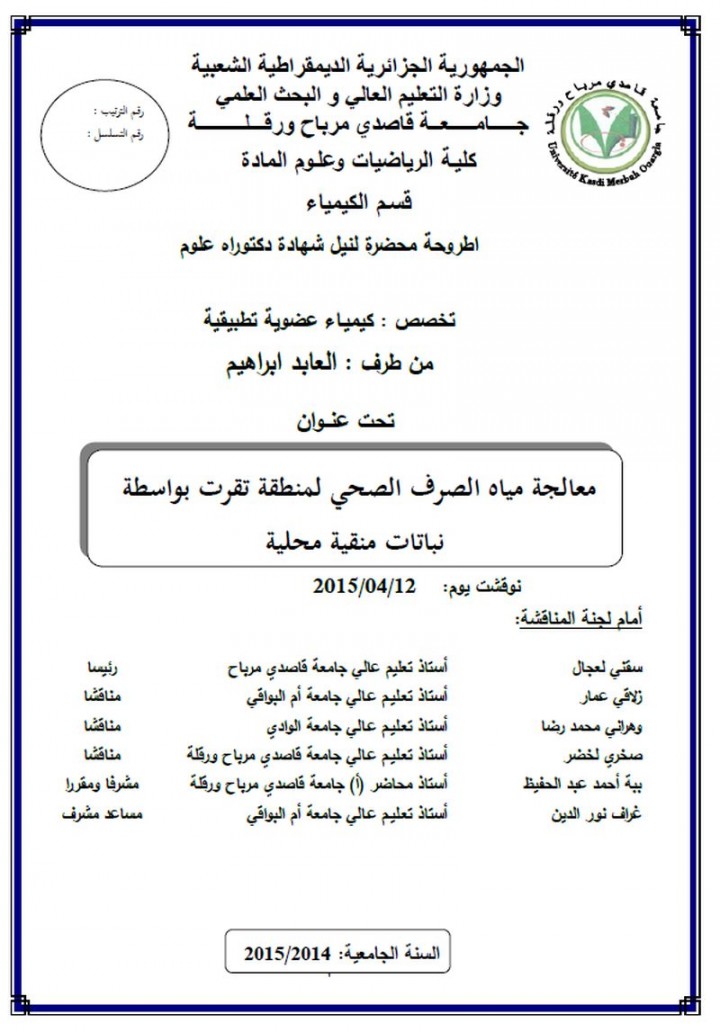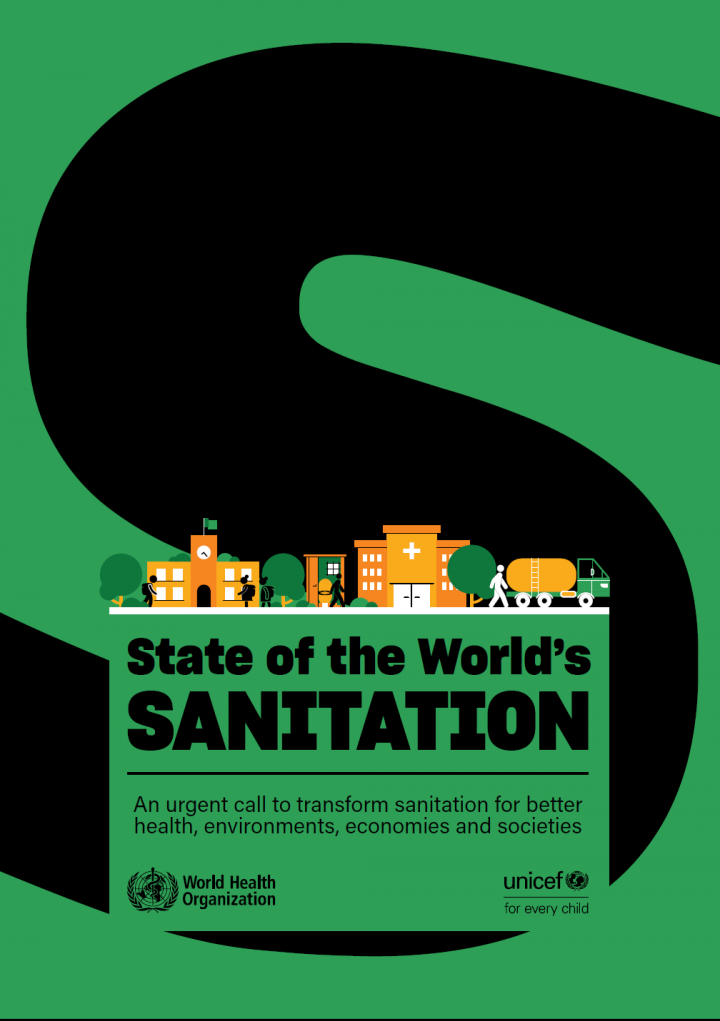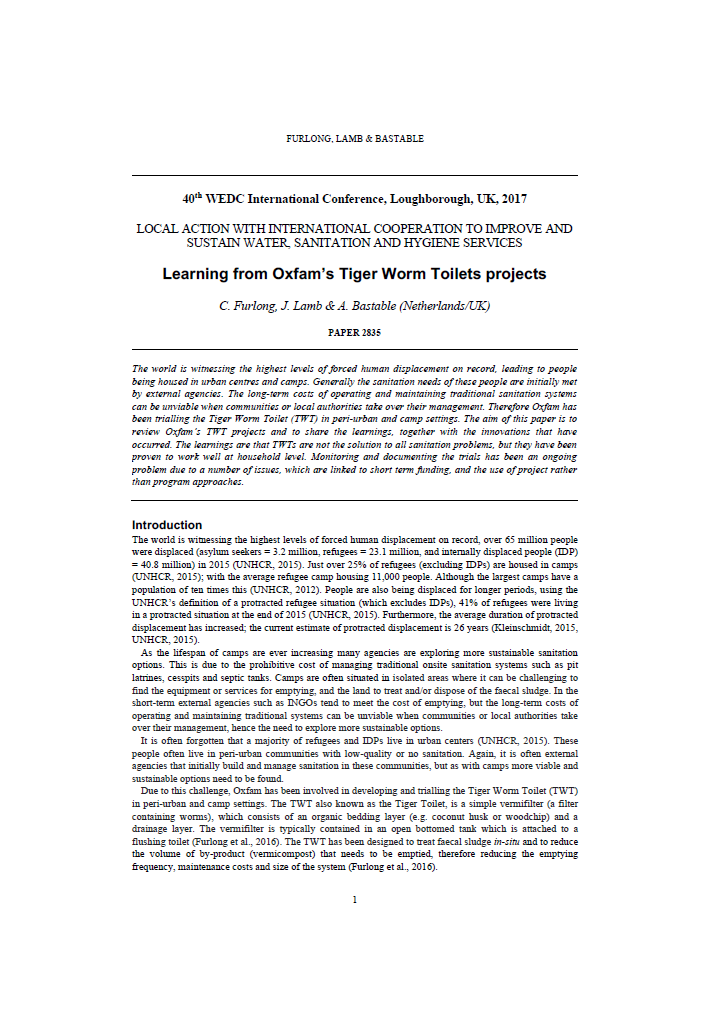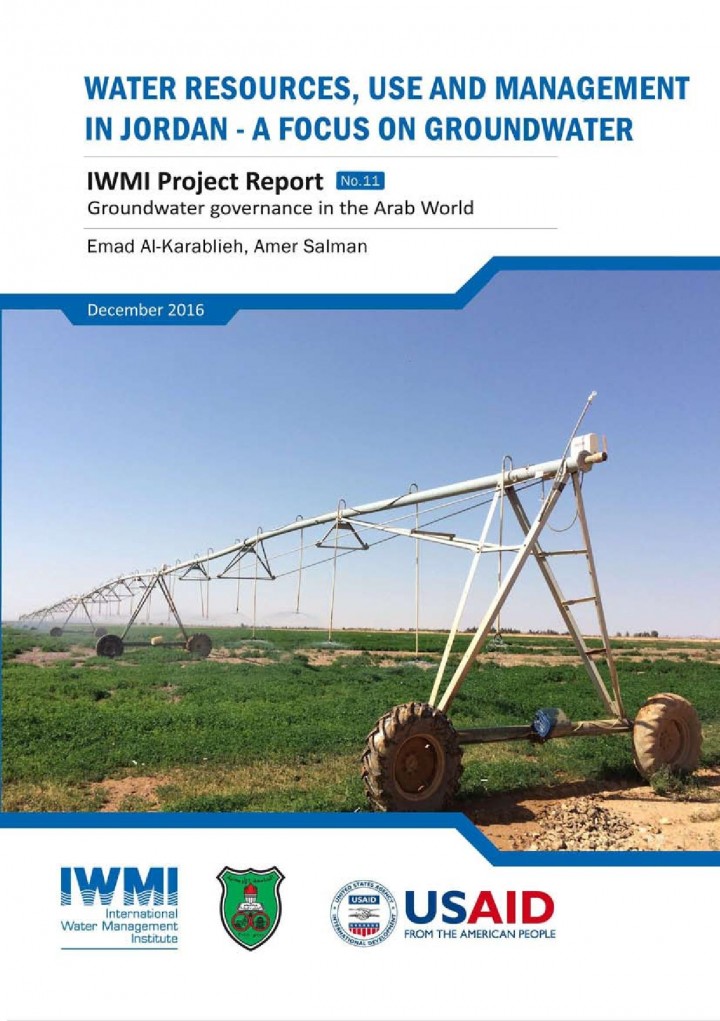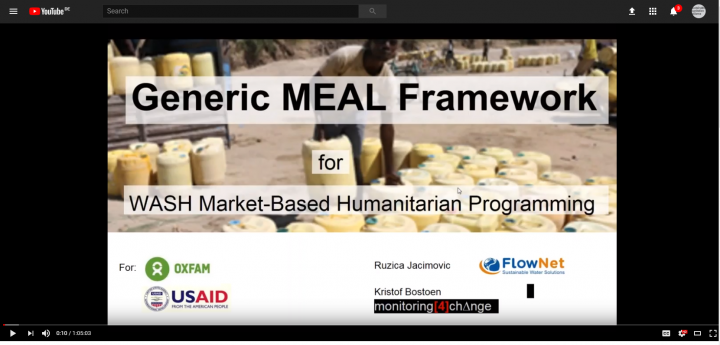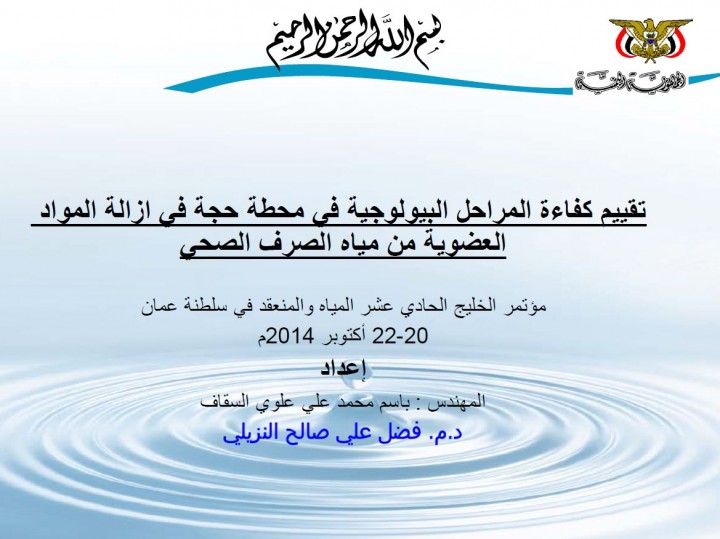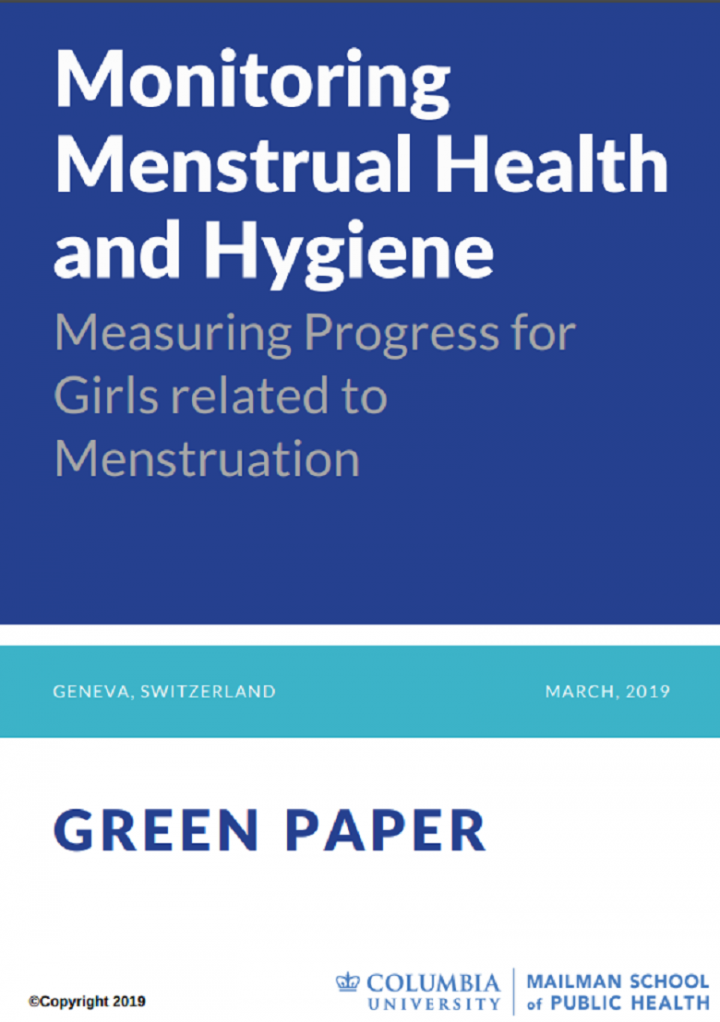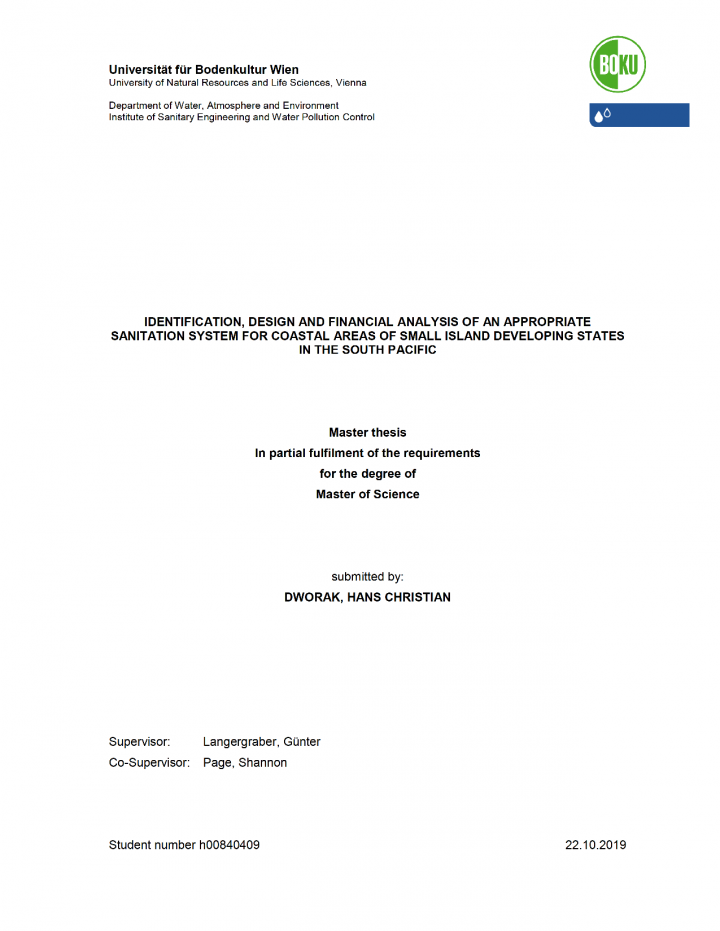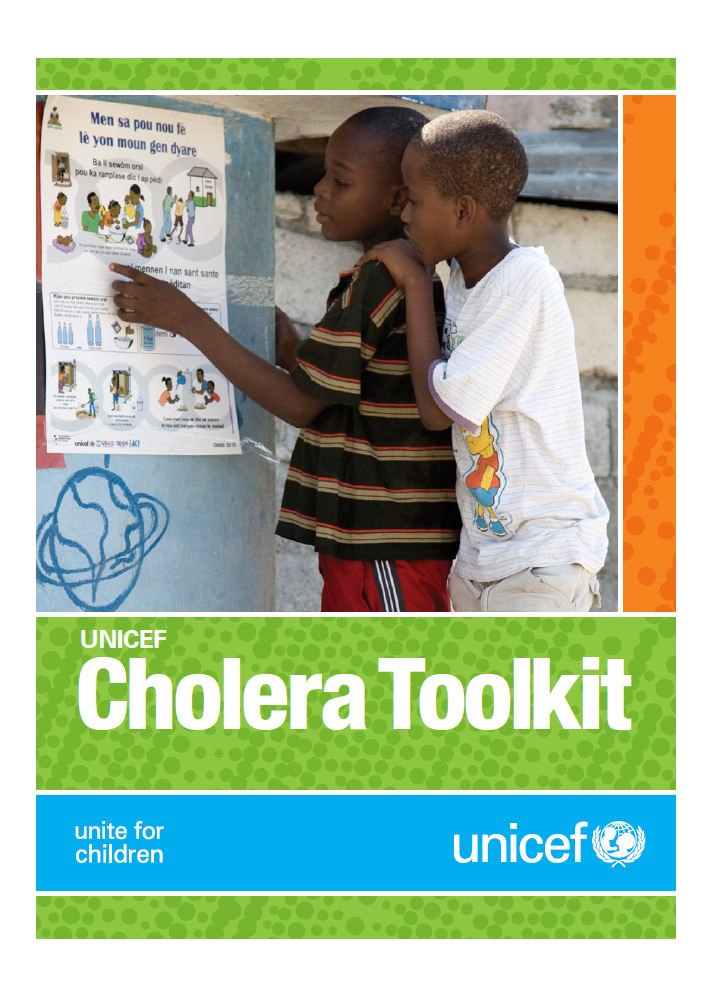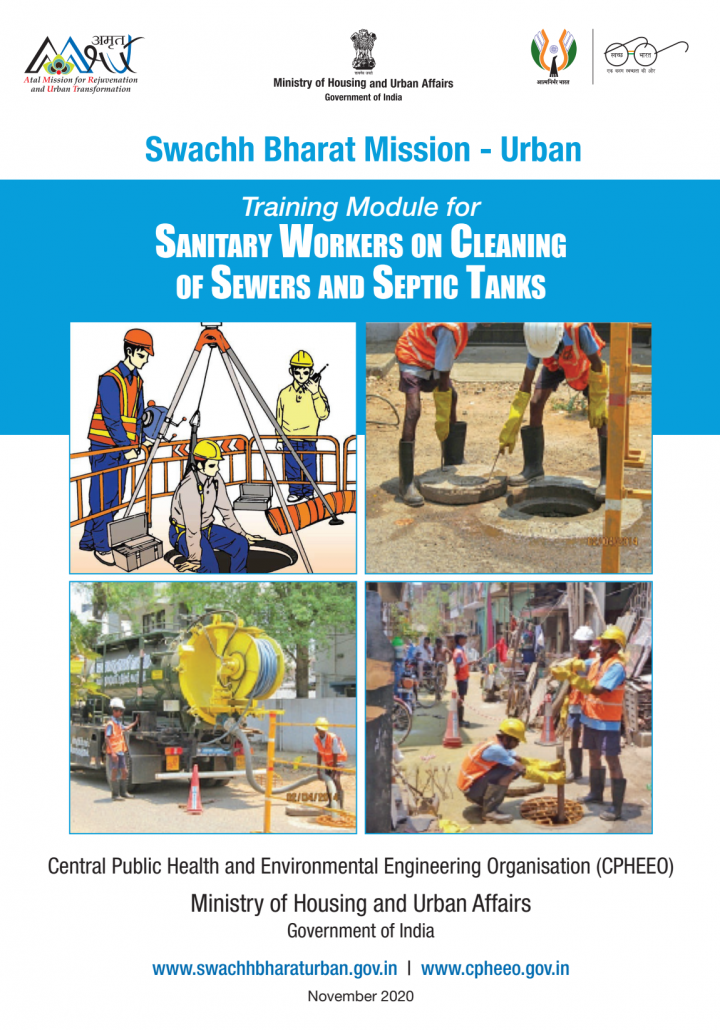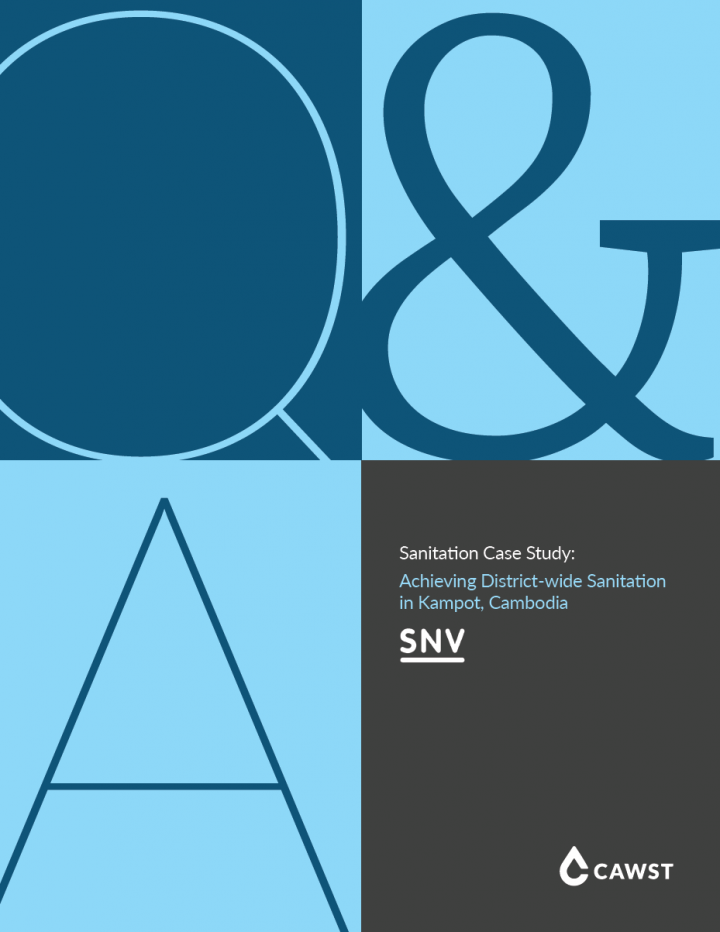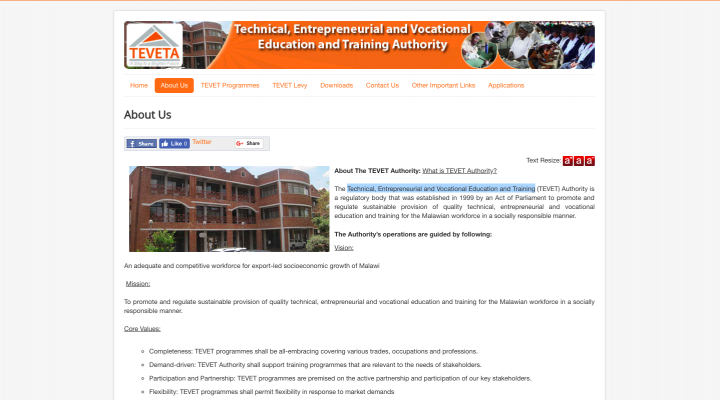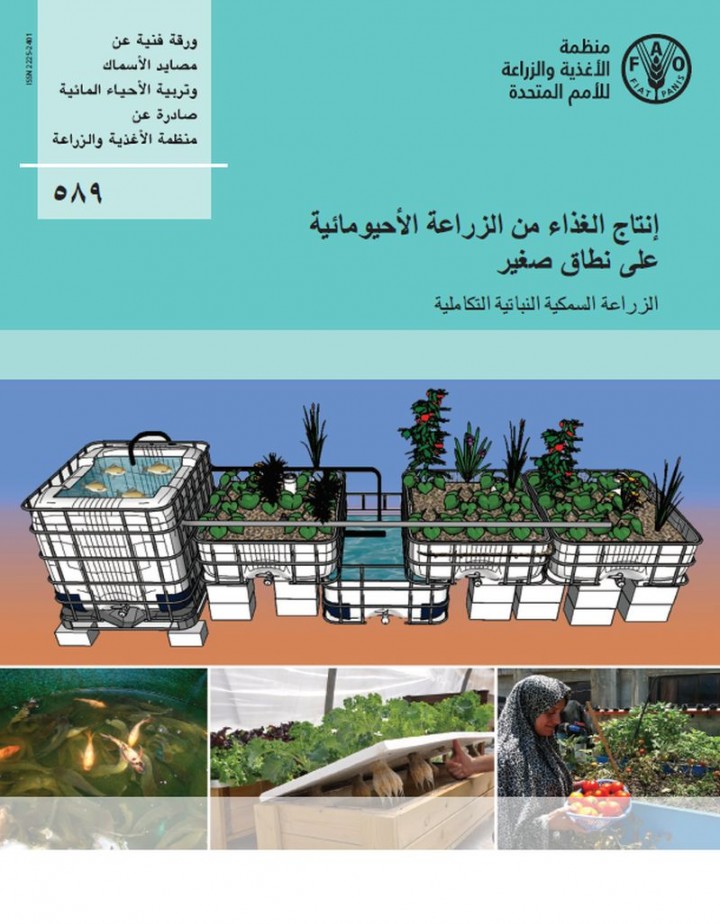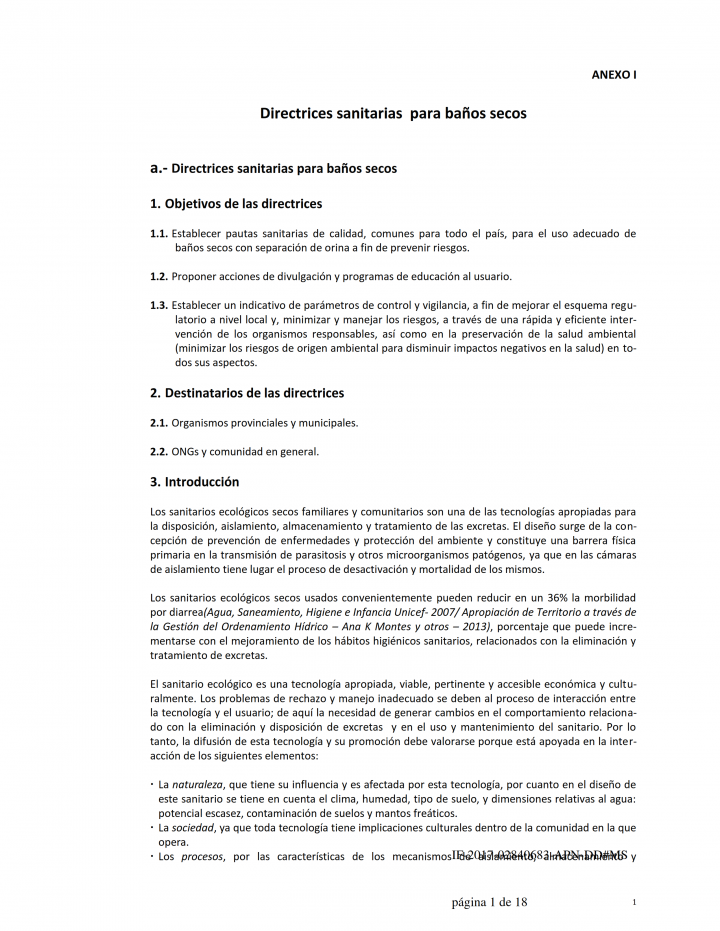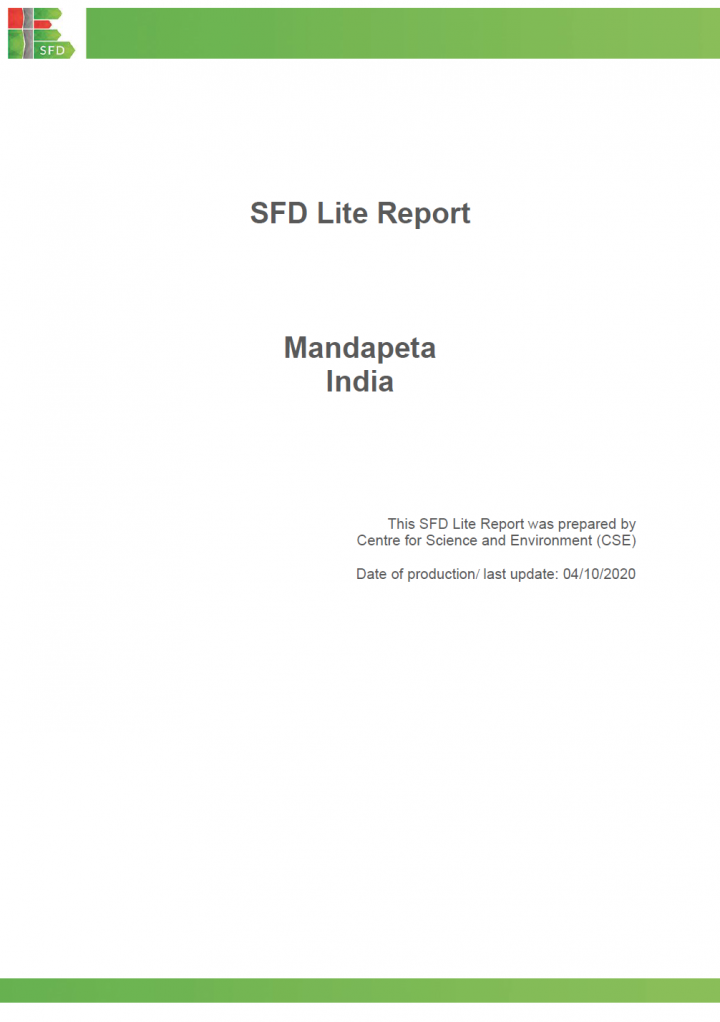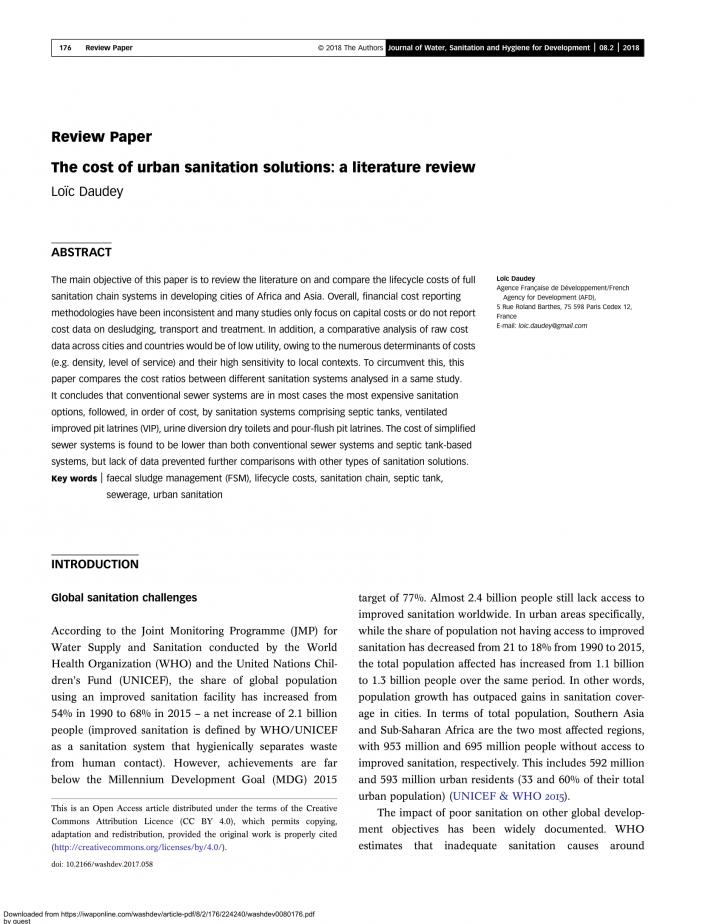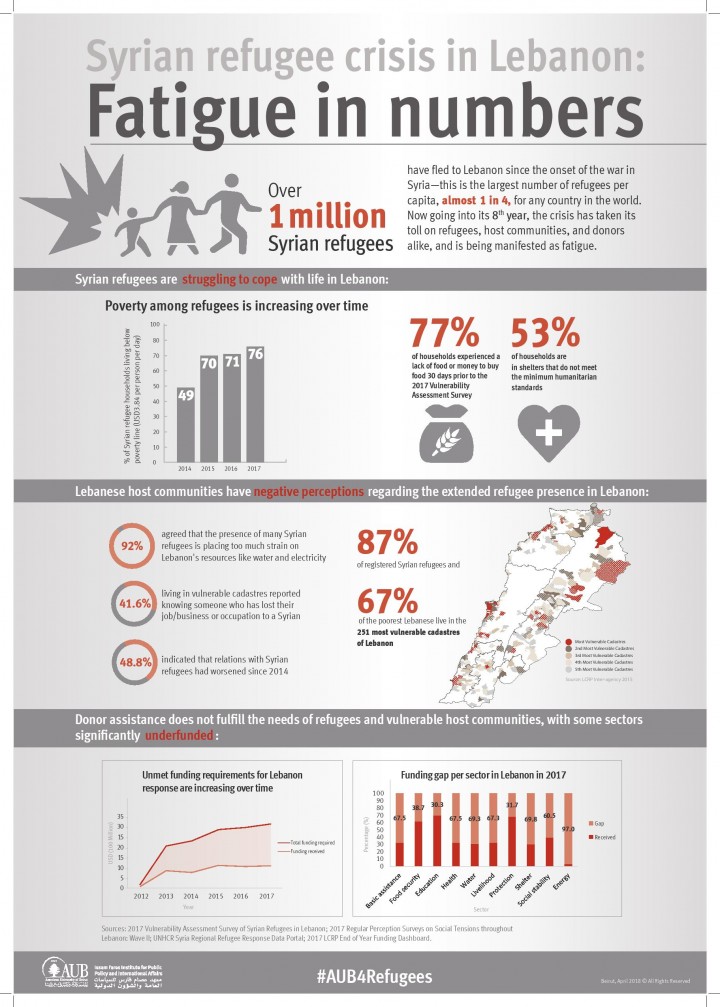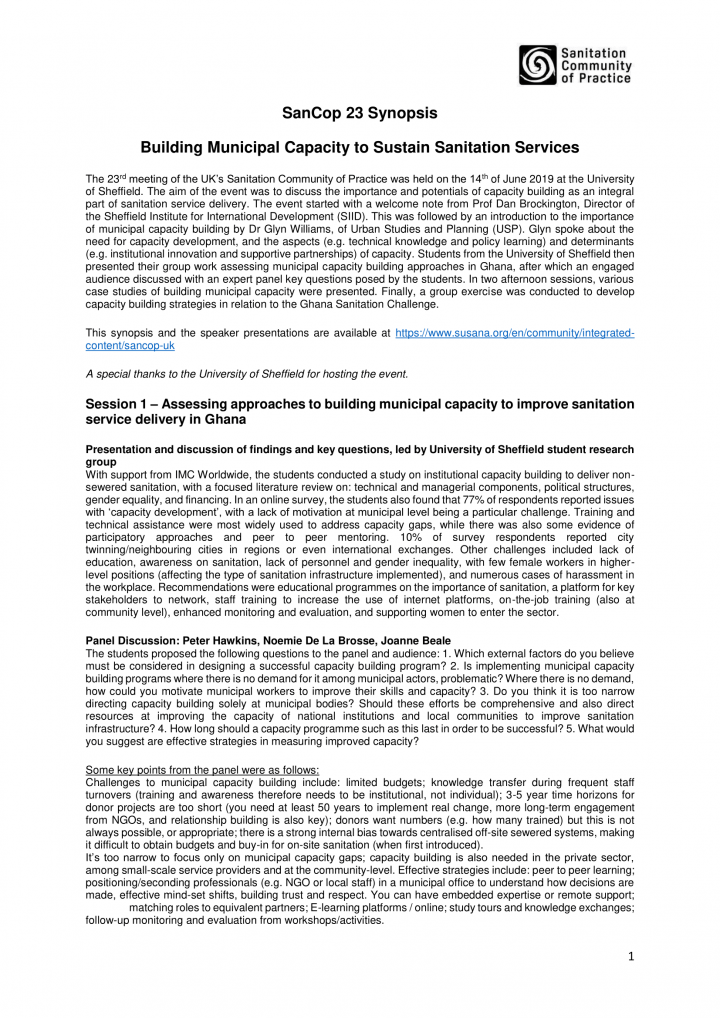Searching for information on Sanitation Workers?
The Sanitation Workers Knowledge + Learning Hub is the best source for all current news, trends, articles and updates on sanitation workers rights around the world.
About the Training Modules
Training Modules on decentralsid sanitation, septage and waste water have been developed, tested and delivered by SCBP during 2016-17, during training of government officials from UP, Rajasthan, MP, Telengana, Bihar, Karnataka, West Bengal, Jharkhand and Chattisgarh. These Modules have also been used in Training of Trainers(ToTs) of Amrut Nodal Agencies, Academia, …
Like many cities in India, the city of Nashik is also struggling with citywide Solid Waste and Wastewater management. Therefore, there is an urgent need for an integrated approach to solid waste and wastewater management on the one hand and control of Green House Gas (GHG) emissions on the other hand. The Waste to Energy Project in Nashik is one such solution through co-processing of septage …
Open defecation (OD), an age-old practice in India, impacts the health of individuals as well as their communities. To tackle the problem, the Government of India launched the Swachh Bharat Mission (SBM) in 2014, aimed at making the country open-defecation free (ODF) by October 2019 by giving more attention to community-based approaches. However, while such approaches have helped solve the …
The world is alarmingly off-track to deliver sanitation for all by 2030. Despite progress, over half of the world’s population, 4.2 billion people, use sanitation services that leave human waste untreated, threatening human and environmental health. An estimated 673 million people have no toilets at all and practise open defecation, while nearly 698 million school-age children lacked basic …
The world is witnessing the highest levels of forced human displacement on record, leading to people being housed in urban centres and camps. Generally the sanitation needs of these people are initially met by external agencies. The long-term costs of operating and maintaining traditional sanitation systems can be unviable when communities or local authorities take over their management. …
In the light of the challenges faced by groundwater as a result of the ever increasing water demand due to population growth, refugee influxes, and economic growth in addition to groundwater depletion coupled with the negative impacts of climate change, it is necessary to identify and support the design of proactive measures to alleviate the effects of droughts and climate change adaptation …
Monitoring, evaluation, accountability and learning was identified as a gap by the Global WaSH Cluster’s technical working group in WASH markets. More evidence is needed to prove or disprove assumptions and perceptions around effectiveness and efficiency of programme delivery and contribution of the responses towards market recovery.
In order to enable comparative analysis between different …
There is growing global momentum around addressing menstruation as an important health, education and gender equality issue. However, a critical barrier to making progress on addressing menstruation and the range of girls’ needs around this issue, is the lack of adequate validated measures related to measuring menstruation within global health and development. Measures are most needed that are …
The UNHCR WASH Monitoring System includes monitoring of refugee schools following the Joint Monitoring Program (JMP) guidelines, model questions and standard indicators. All refugee schools should be surveyed at least once a year. Indicators are tracked on the Refugee WASH in Schools Dashboard.
Rural coastal areas of Small Island Developing States in the South Pacific are often characterized by high groundwater tables, flood proneness and scarce freshwater resources. Thin and permeable soil layers featuring a limited unsaturated zone make the groundwater lens below these islands highly vulnerable to microbiological and chemical contamination. The prevalent sanitation systems (i.e. …
UNICEF currently provides strategic technical support and guidance, surge capacity, training, supplies and logistical support for cholera and diarrhoeal disease outbreak prevention, preparedness and response worldwide. Its multi-sector approach – health, water, sanitation and hygiene (WASH), nutrition, education, protection and other sectors as well as services for emergency operations and …
• Prohibition of Employment as Manual Scavengers and their Rehabilitation Act 2013 bans hazardous cleaning of sewer/ septic tanks.
• Definition: Hazardous cleaning by an employee, in relation to a sewer or septic tank, means its manual cleaning by such employee without the employer fulfilling his obligations to provide protective gear and other cleaning devices and ensuring observance of …
Objectives
SDI aims at developing the skills of people living and working in the informal sector for the improvement of technical and entrepreneurial skills in order to increase chances of getting employed or being self-employed and/or expanding their own businesses.
Target Group
Traditional apprentices i.e. young people attached to master craftsperson, Unskilled employees, …
Inspired by the ancient Egyptian Civilization, linking the present to future, the Sustainable Development Strategy (SDS): Egypt Vision 2030 represents a foothold on the way towards inclusive development. Thus cultivating a prosperity path through, economic and social justice, and reviving the role of Egypt in regional leadership. SDS represents a roadmap for maximizing competitive advantage to …
Mandapeta was originally called "Mandavyapuram", which came from Sage Mandukya. Mandapeta is a second-grade municipality established on October 1st, 1958 in East Godavari District in the Indian state of Andhra Pradesh. It is located at mean elevation of about 15.48 msl at 16.520 N, 81.560 E.
The main objective of this paper is to review the literature on and compare the lifecycle costs of full sanitation chain systems in developing cities of Africa and Asia. Overall, financial cost reporting methodologies have been inconsistent and many studies only focus on capital costs or do not report cost data on desludging, transport and treatment. In addition, a comparative analysis of raw …
The 23rd meeting of the UK’s Sanitation Community of Practice was held on the 14th of June 2019 at the University of Sheffield. The aim of the event was to discuss the importance and potentials of capacity building as an integral part of sanitation service delivery. Students from the University of Sheffield presented their group work assessing municipal capacity building approaches in Ghana, …
School sanitation - a common challenge in Kenya. The video shows the state of toilets and their negative influence on the hygiene situation and learning conditions in schools. The installation of ecosan systems is generating the confidence amongst the school staff to solve their sanitation problems and to gain from the benefits of biogas use, fertilizer and the irrigation water thereby saving on …

